How To Do Negative Dips
Negative dips are a controlled eccentric variation of the classic dip exercise. Instead of pushing up, the focus is on slowly lowering your body down. This builds strength in the triceps, chest, and shoulders and is especially helpful for beginners working up to full dips or those building eccentric control for advanced calisthenics moves. Proper form is important to avoid shoulder strain and to get the most muscle engagement.
Step-by-Step Guide to Properly Execute Negative Dips
Starting Position
Start by using parallel bars or dip handles. Step or jump into the top dip position with arms fully extended, shoulders down and away from your ears, and your chest up. Keep your body slightly leaned forward with your legs bent or crossed behind for balance.
Lowering Phase
Begin lowering your body in a slow and controlled motion. Bend your elbows to around 90 degrees or slightly deeper if shoulder mobility allows. Keep your elbows close to your body and avoid flaring them out. Aim for a 3–6 second descent to maximize time under tension.
Finishing Position
Once you’ve reached the bottom of the dip, either place your feet on the ground or use a support to return to the top position. Don’t push yourself back up — the goal here is to build strength during the lowering portion only.
Negative Dips Workout Plan for All Levels
Beginner: 2 sets of 3–5 reps, 1.5–2 min rest, 2 times per week
Intermediate: 3 sets of 5–7 reps, 1.5–2 min rest, 3 times per week
Advanced: 4 sets of 6–8 reps, 1.5–2 min rest, 4 times per week
What Are The Benefits Of Negative Dips
• Builds strength in triceps, chest, and front shoulders
• Improves control and technique for full dips
• Helps prepare for muscle-ups and ring dips
• Strengthens joints and tendons through slow eccentric loading
• Great for progressive overload without pushing phase fatigue
Common Mistakes to Avoid
• Dropping too fast: Avoid letting gravity take over — control is key.
• Flaring elbows out: This puts unnecessary stress on the shoulders.
• Shrugging shoulders: Keep them down to avoid neck strain and improve muscle targeting.
• Starting too deep: Start in full lockout to maximize the range of motion safely.
Similar Exercises To Try For Your Workout
• Straight Bar Dips
• Leg Assisted Dips
• Eccentric Push-Ups
FAQ About Negative Dips
Negative dips are okay for beginners, but you need some arm and shoulder strength first. If regular dips are too hard, this is a good way to build up to them slowly.
Yes! You can use your feet to help push up and just lower yourself slowly. You can also lower down to a box or bench instead of going all the way down.
If you do them 2–3 times a week, you might feel stronger in your arms, chest, and triceps in about 2 to 4 weeks.
Yes, you should feel it mostly in your triceps (the back of your arms), chest, and shoulders. Your muscles should feel tired but not painful.



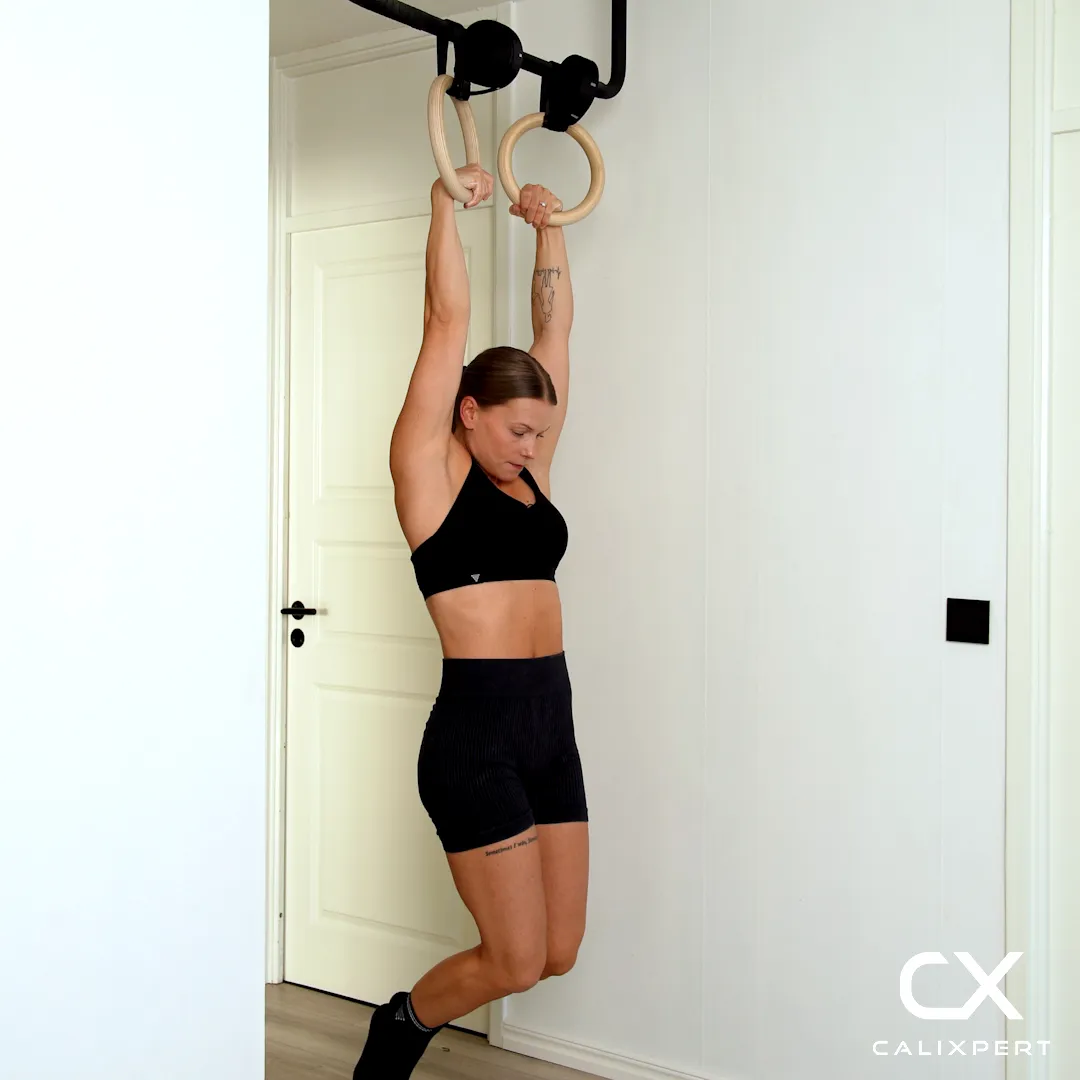
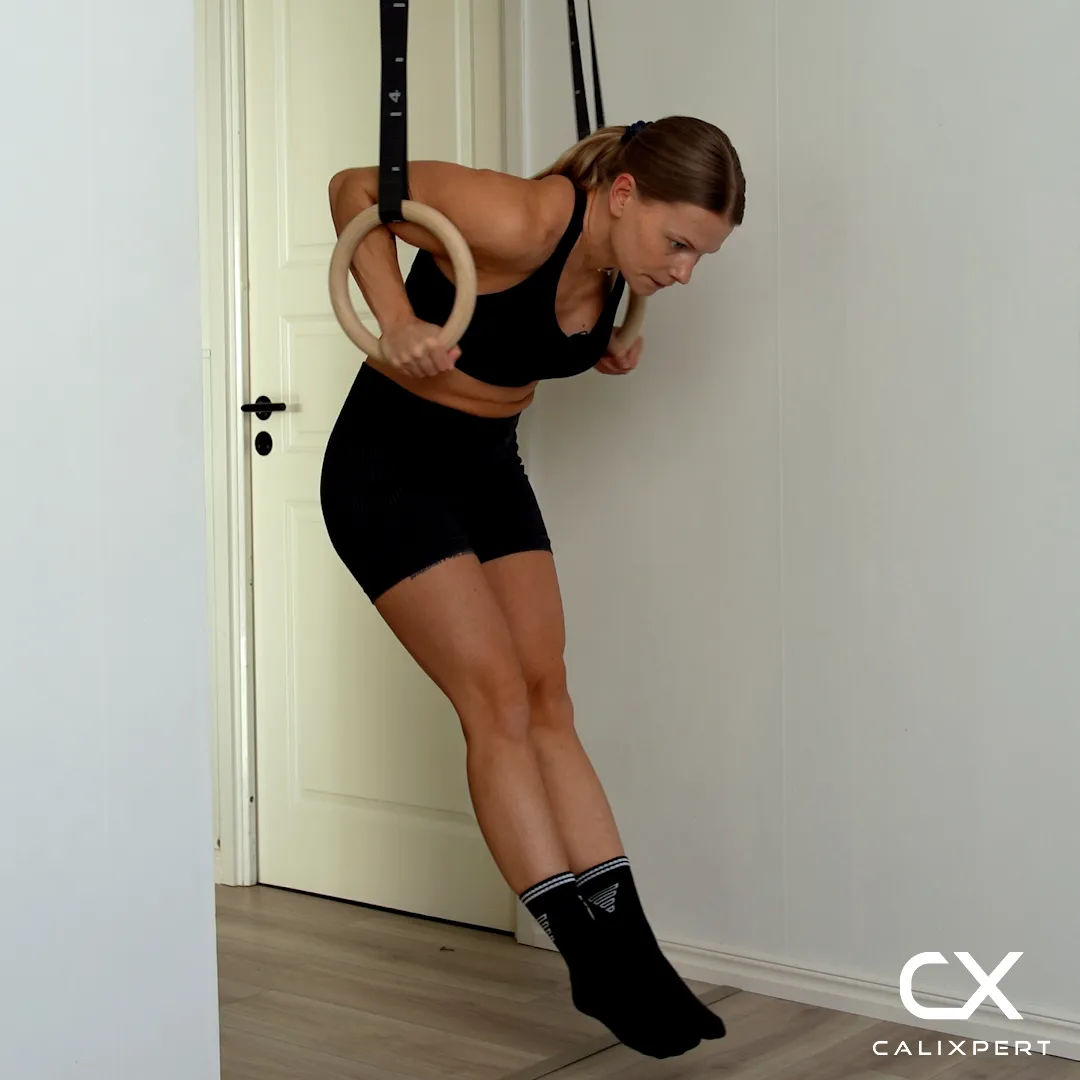
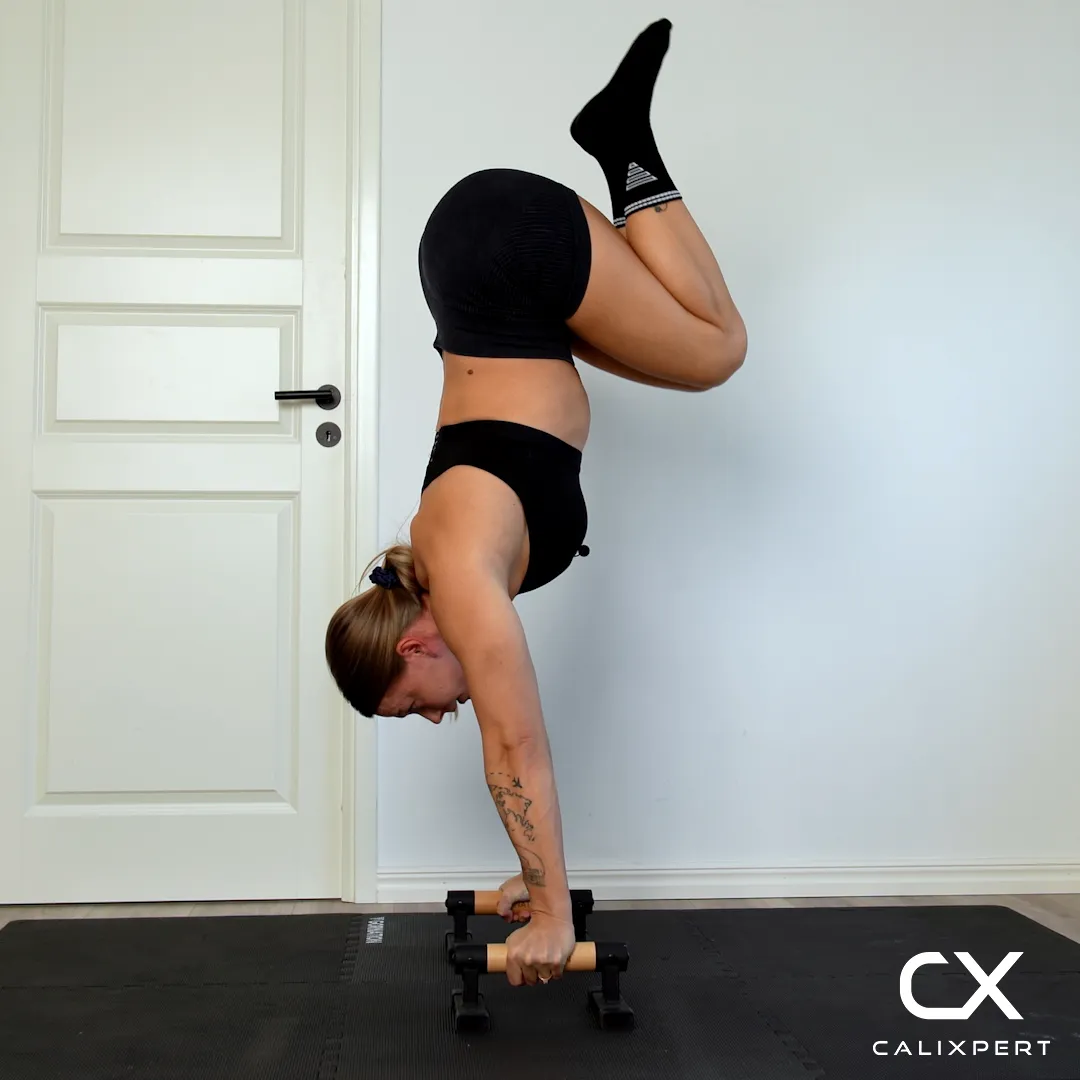
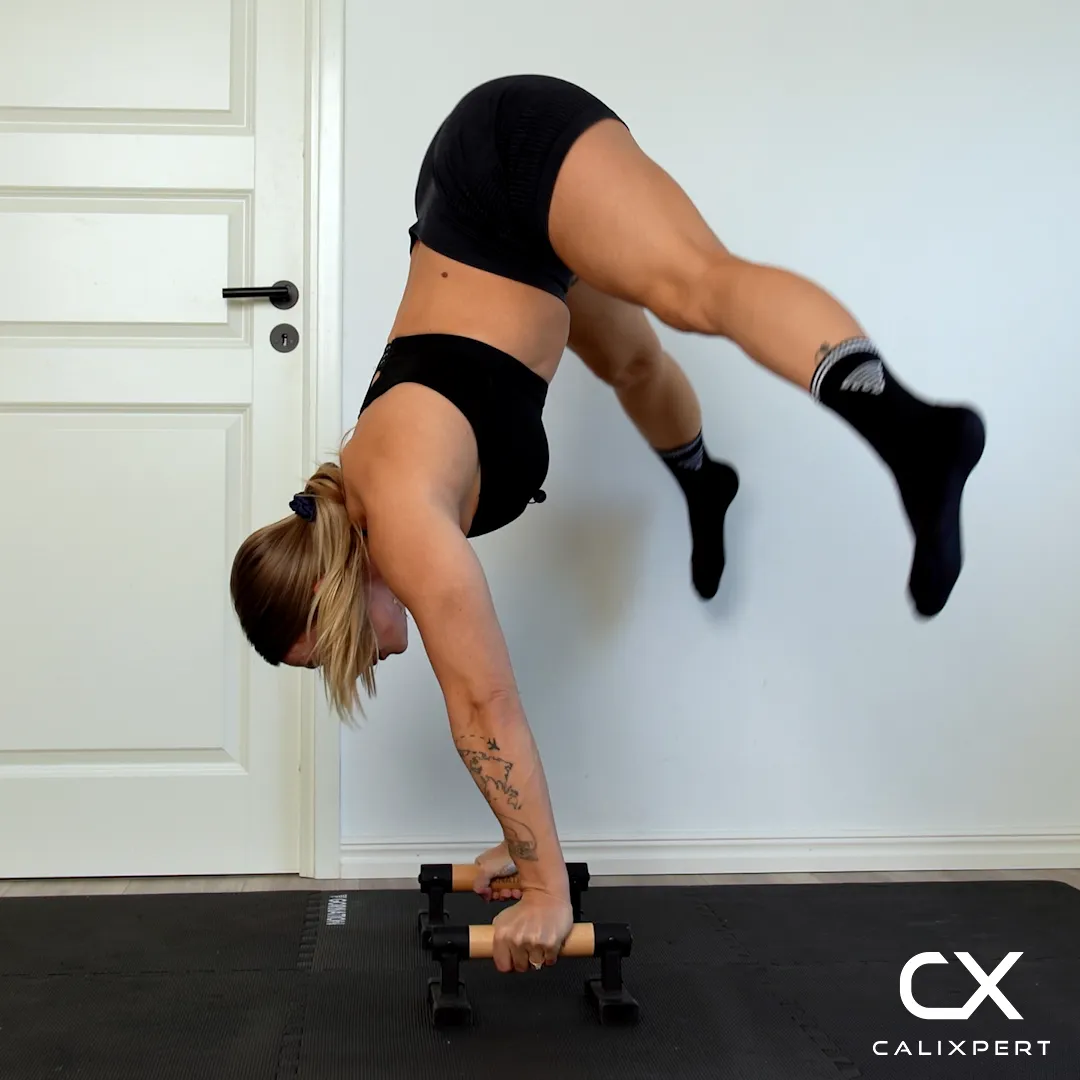
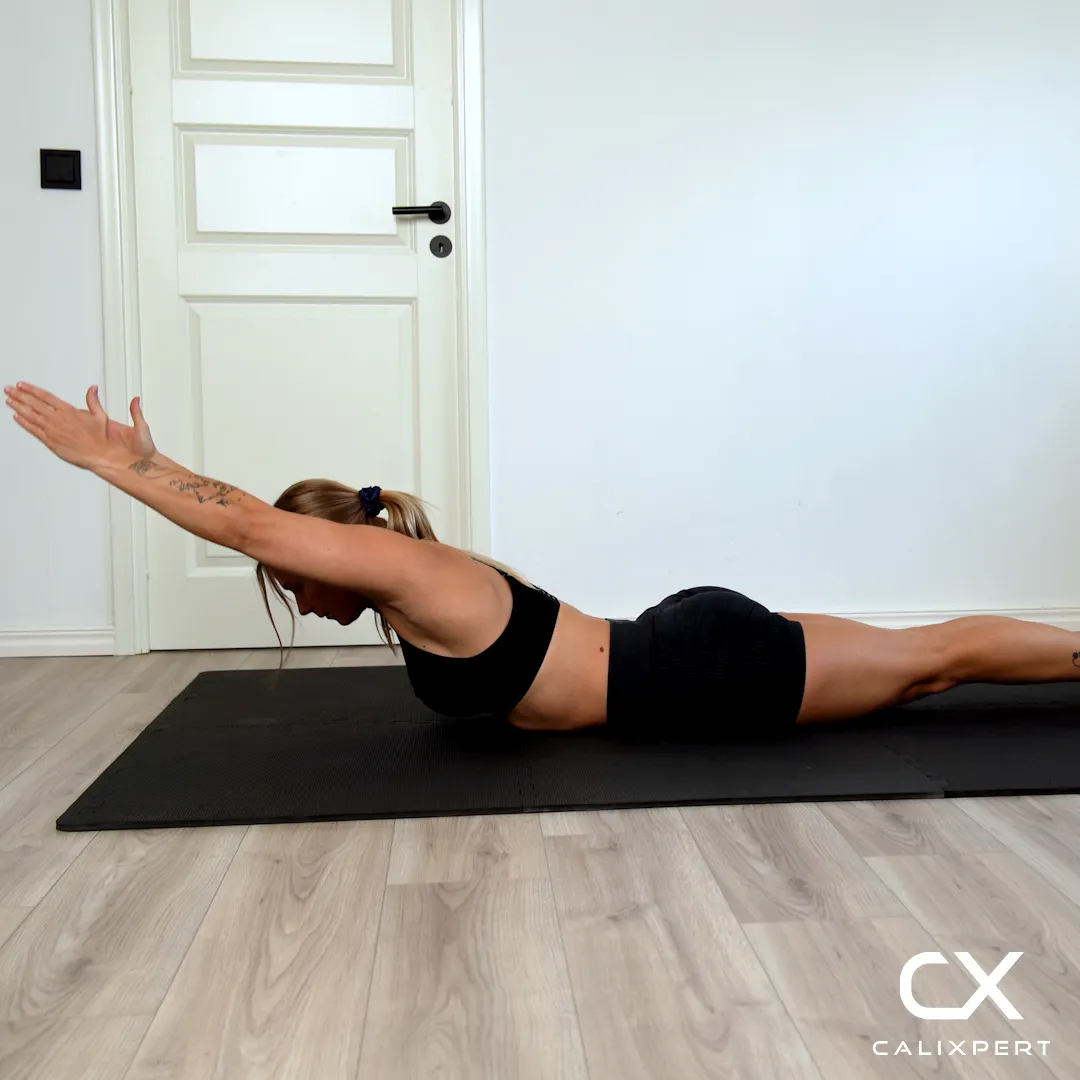
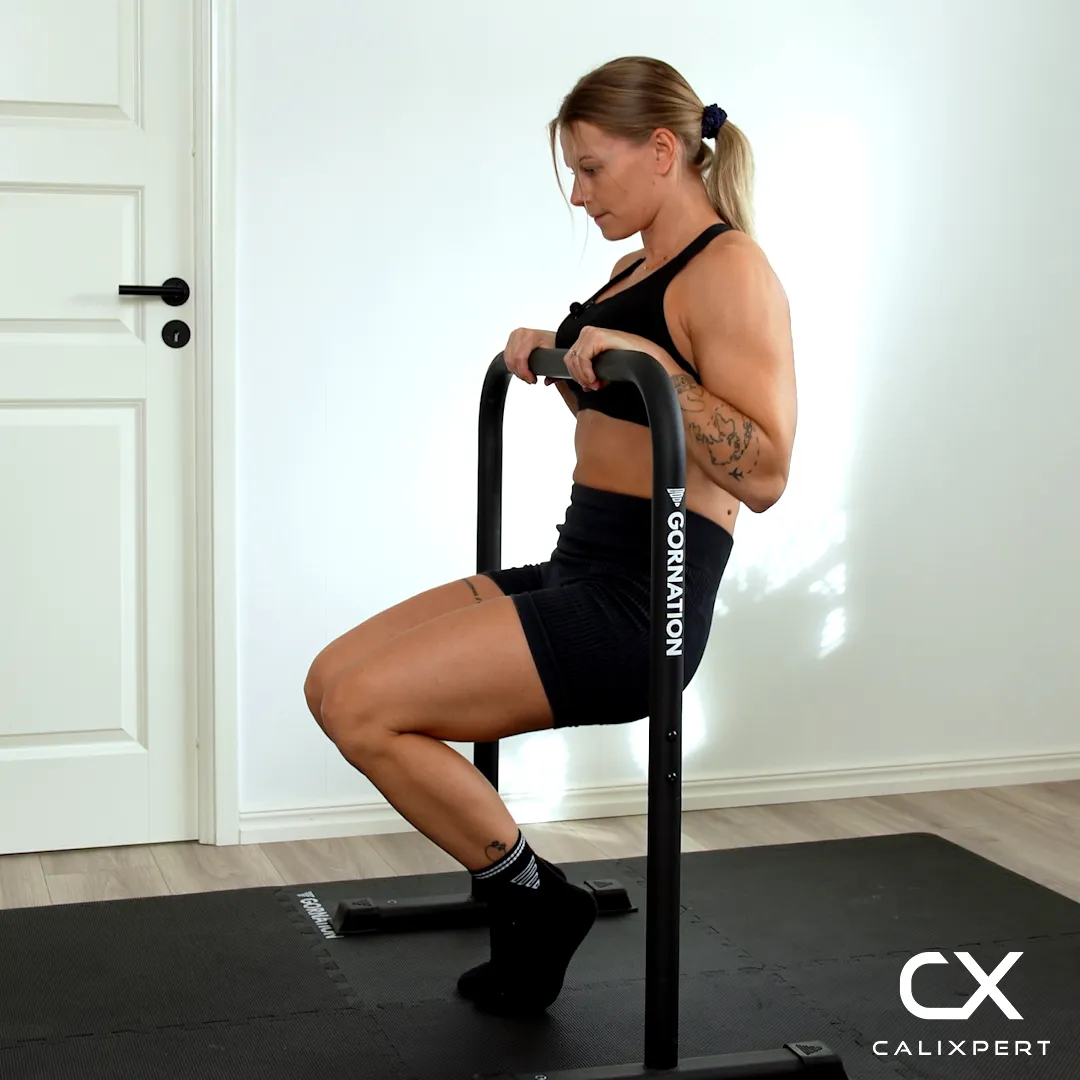
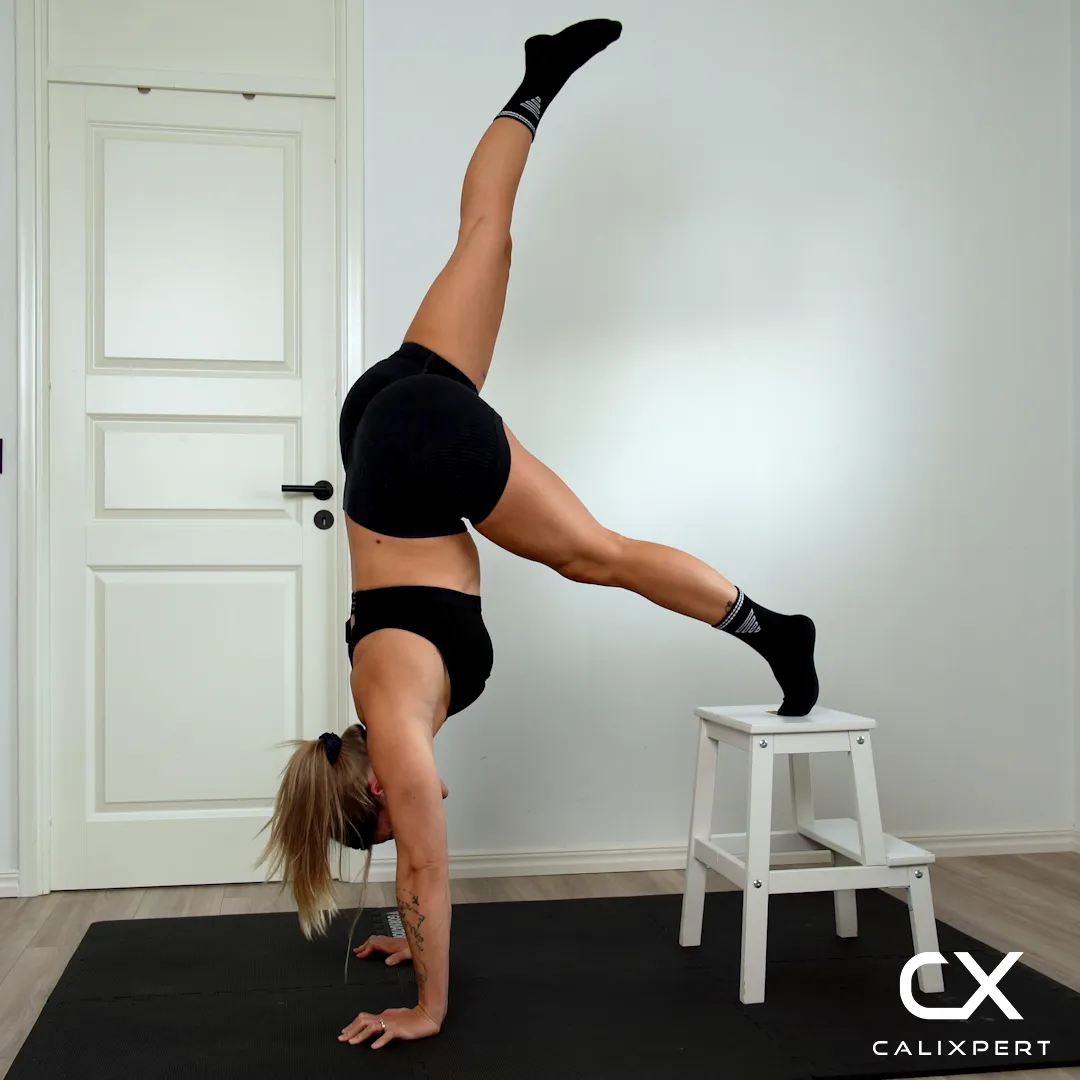
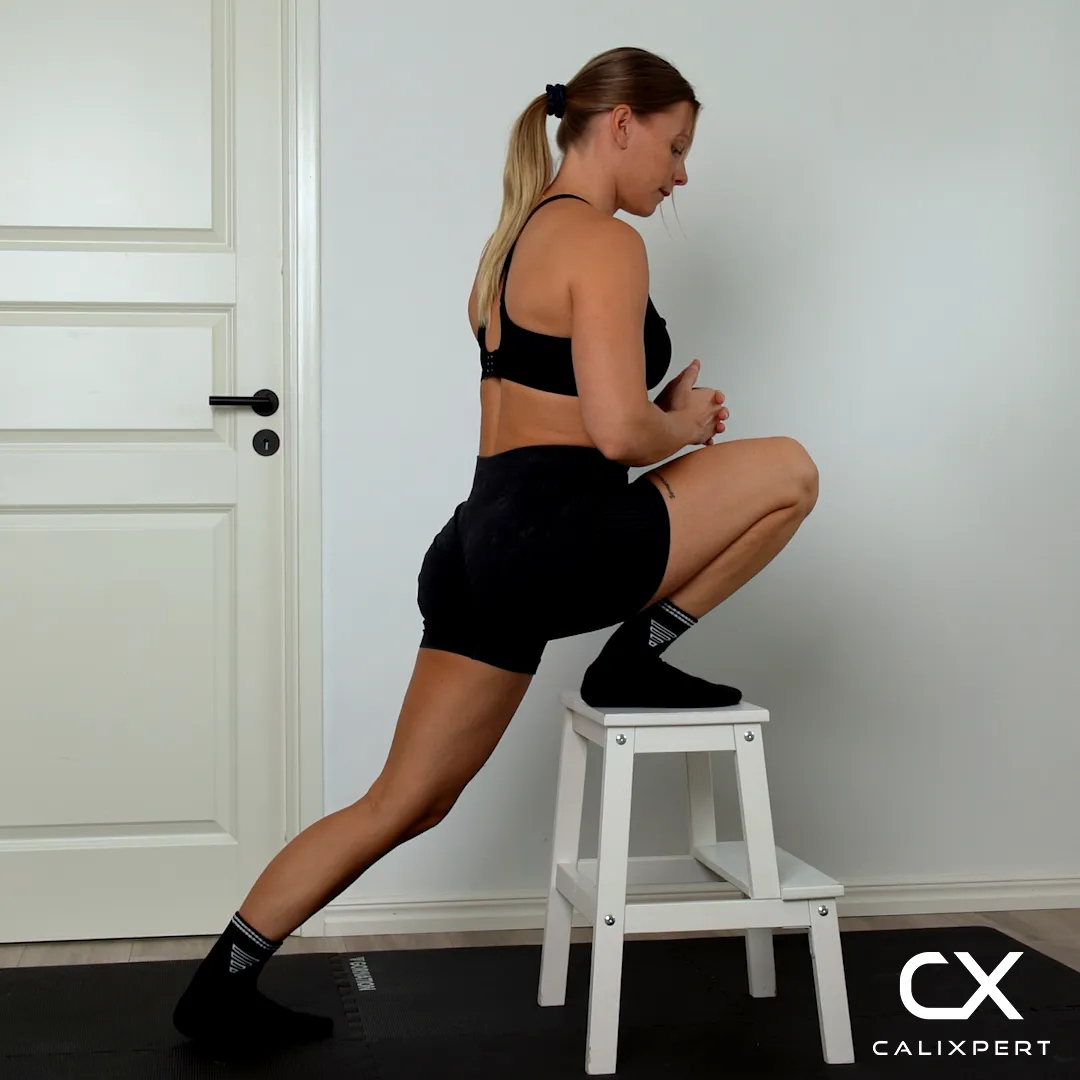
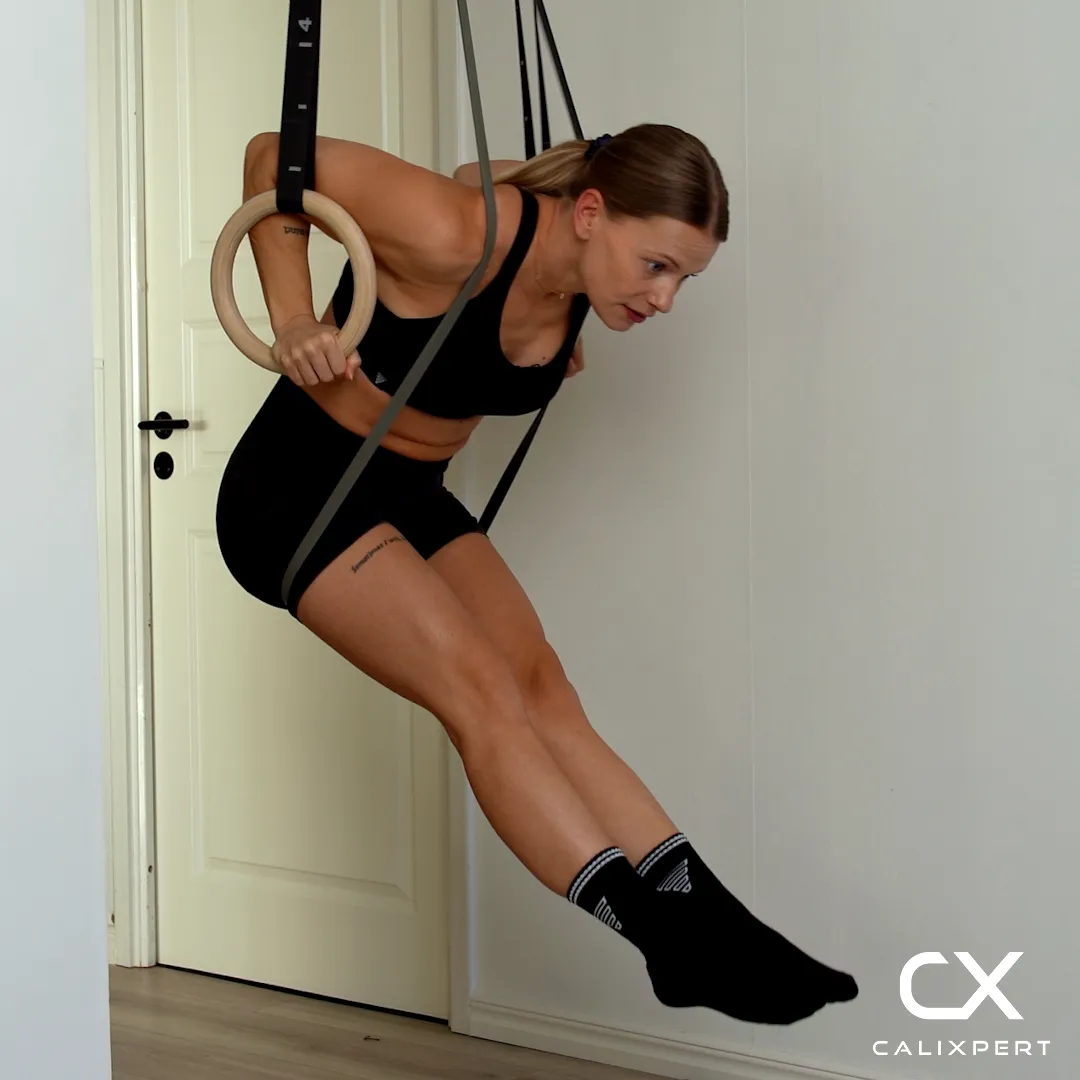
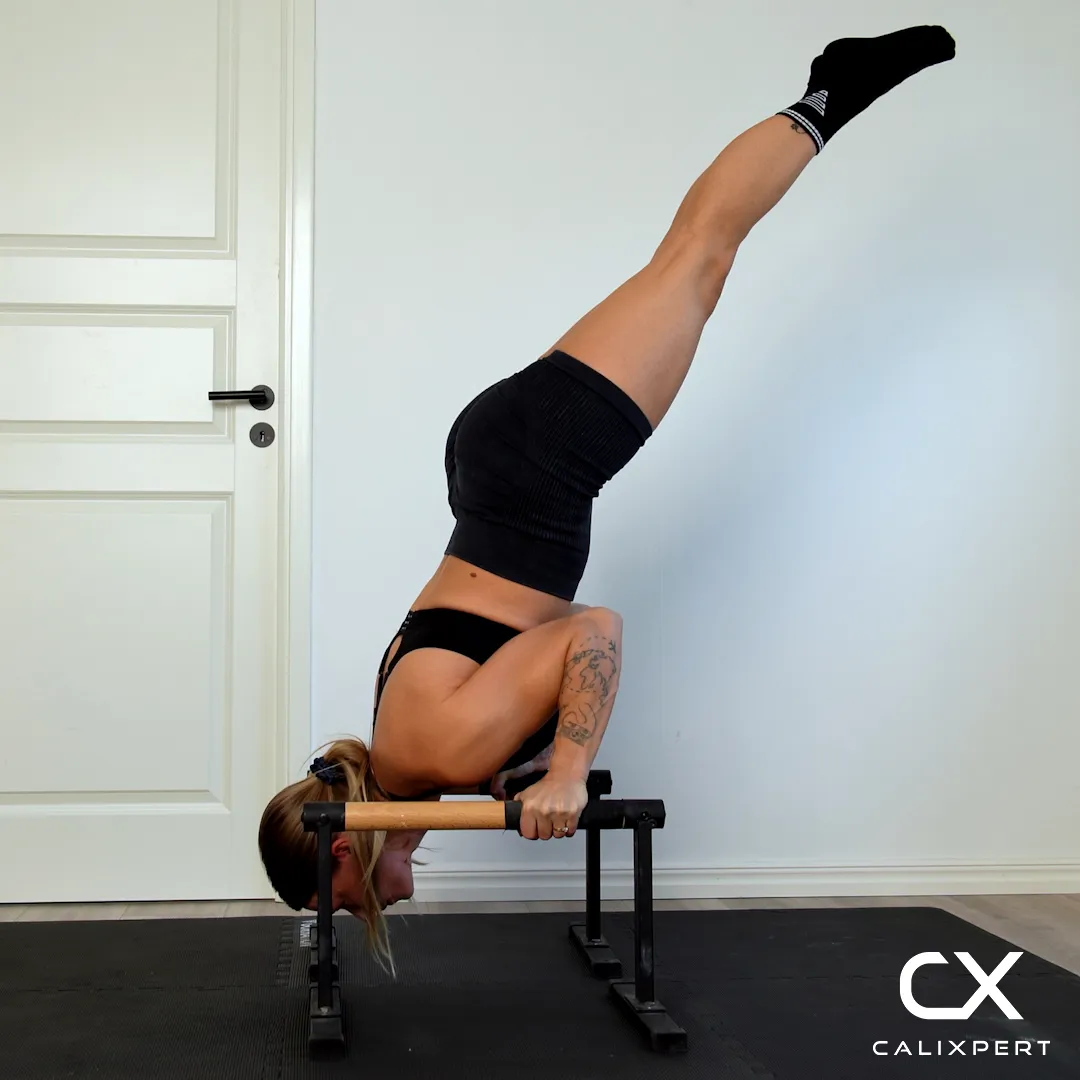
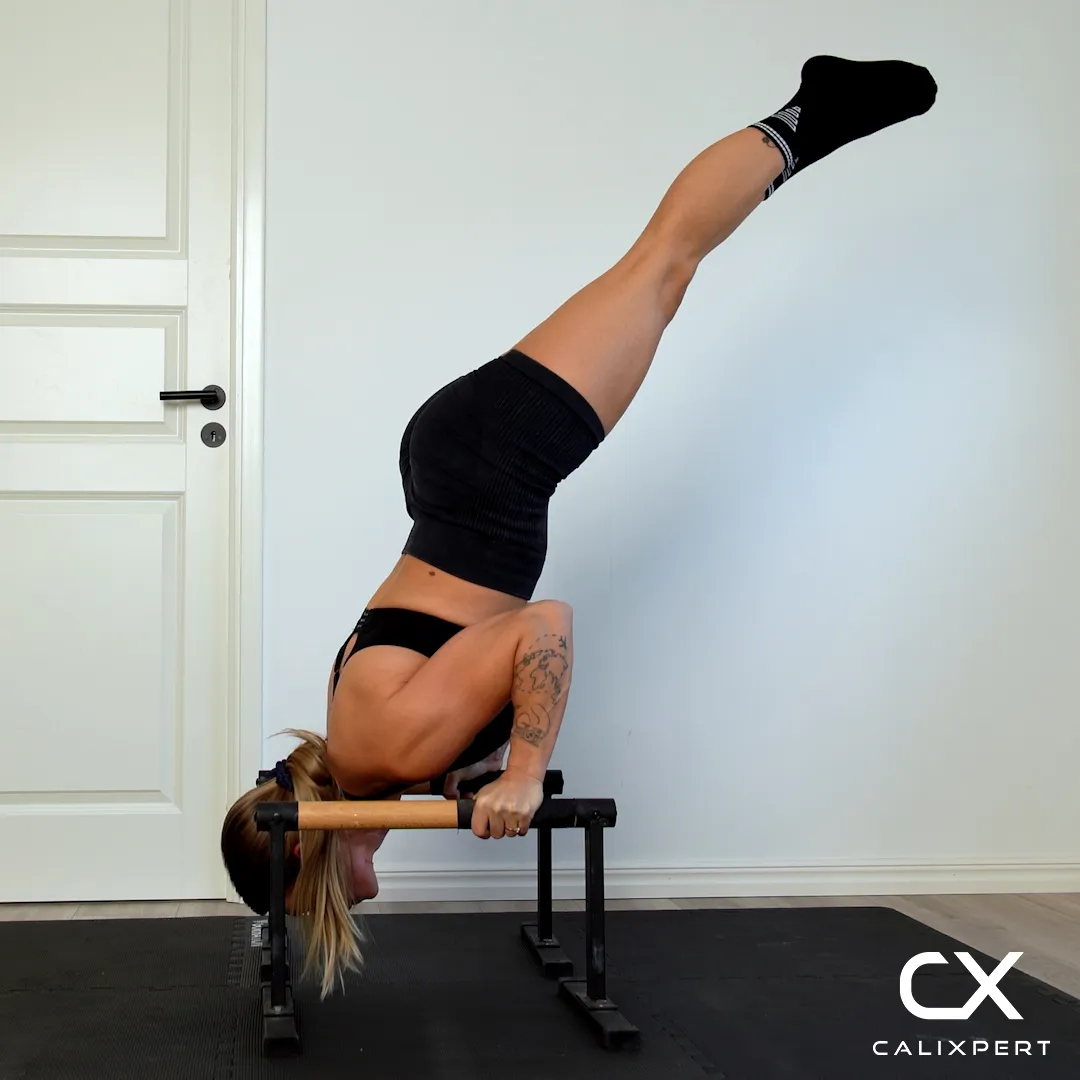
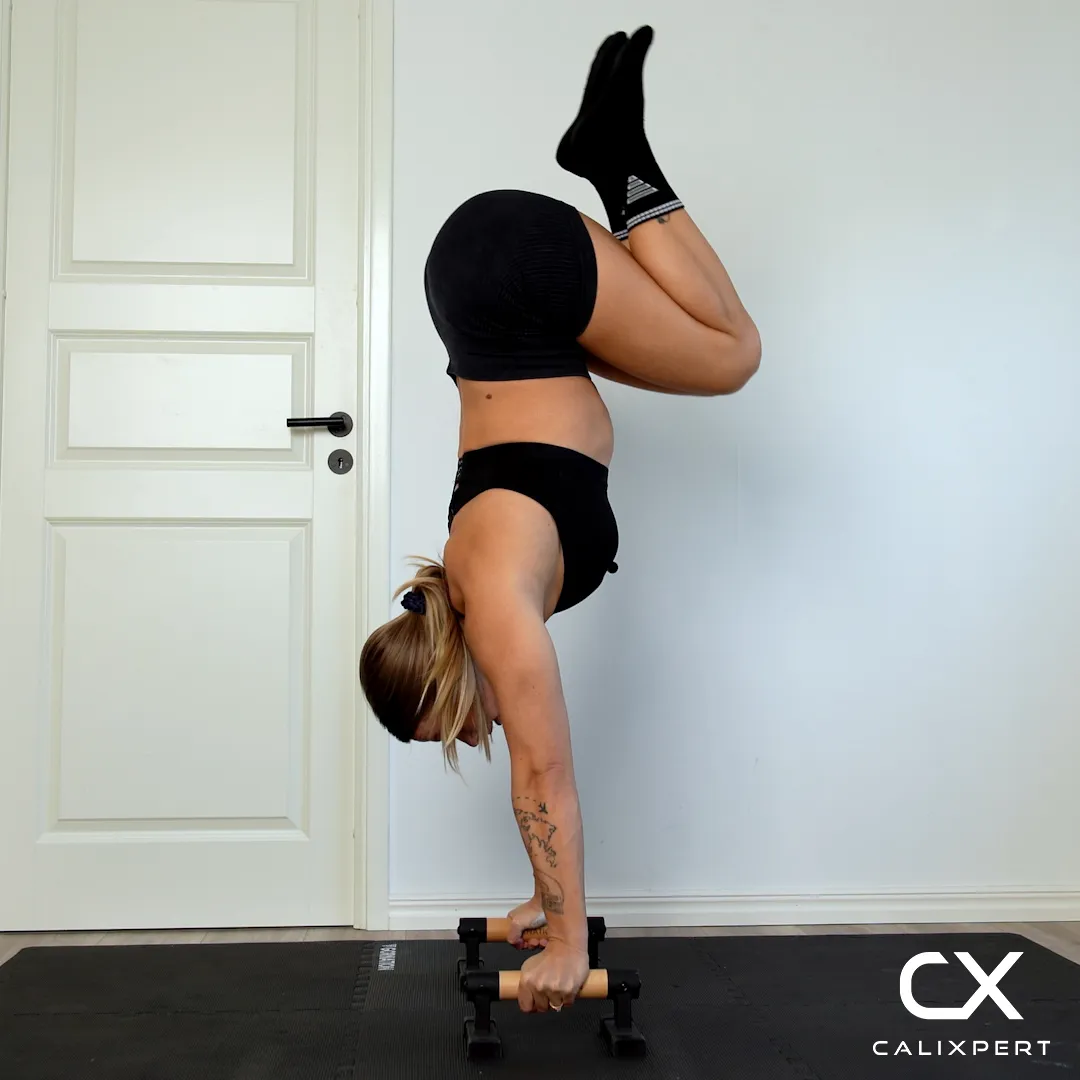
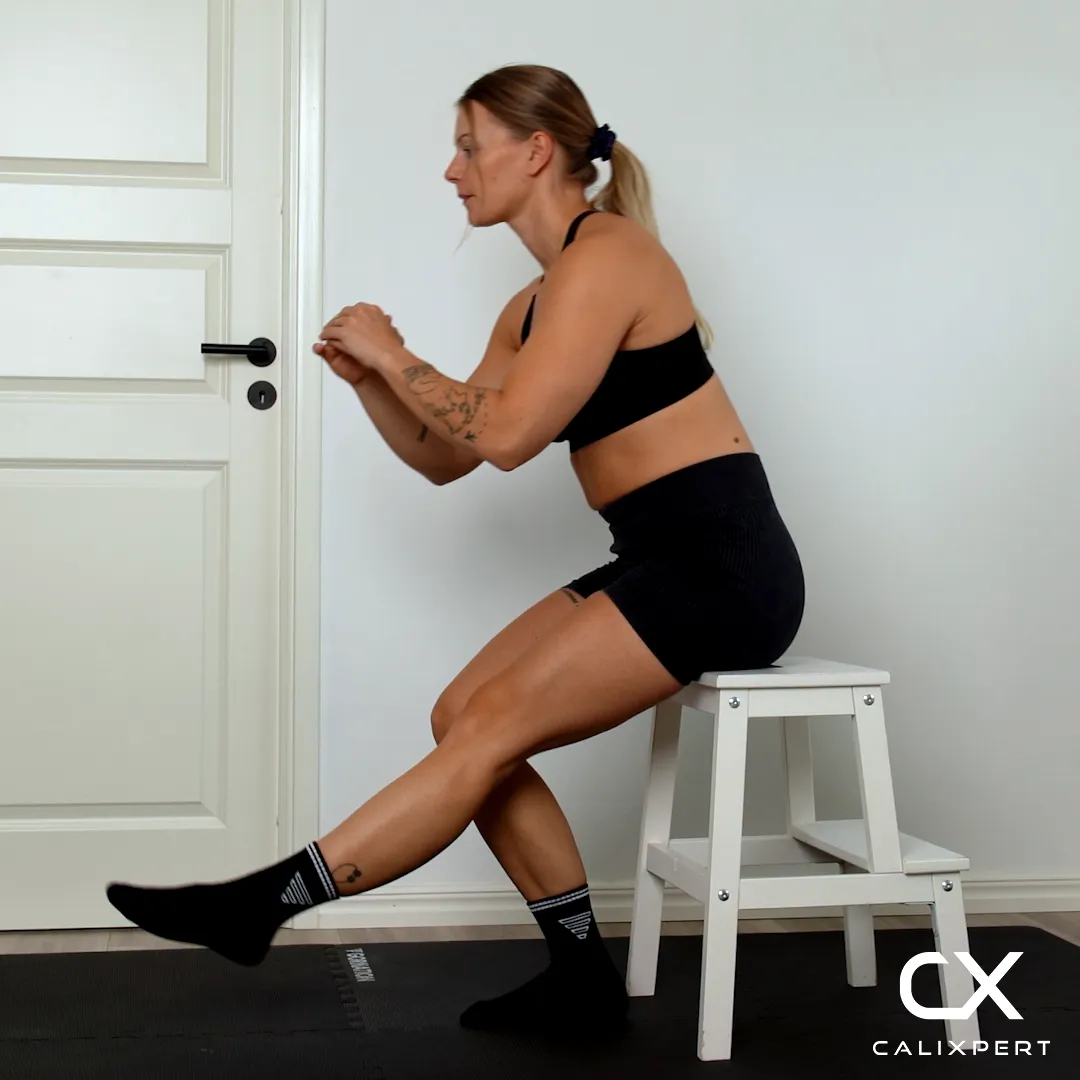
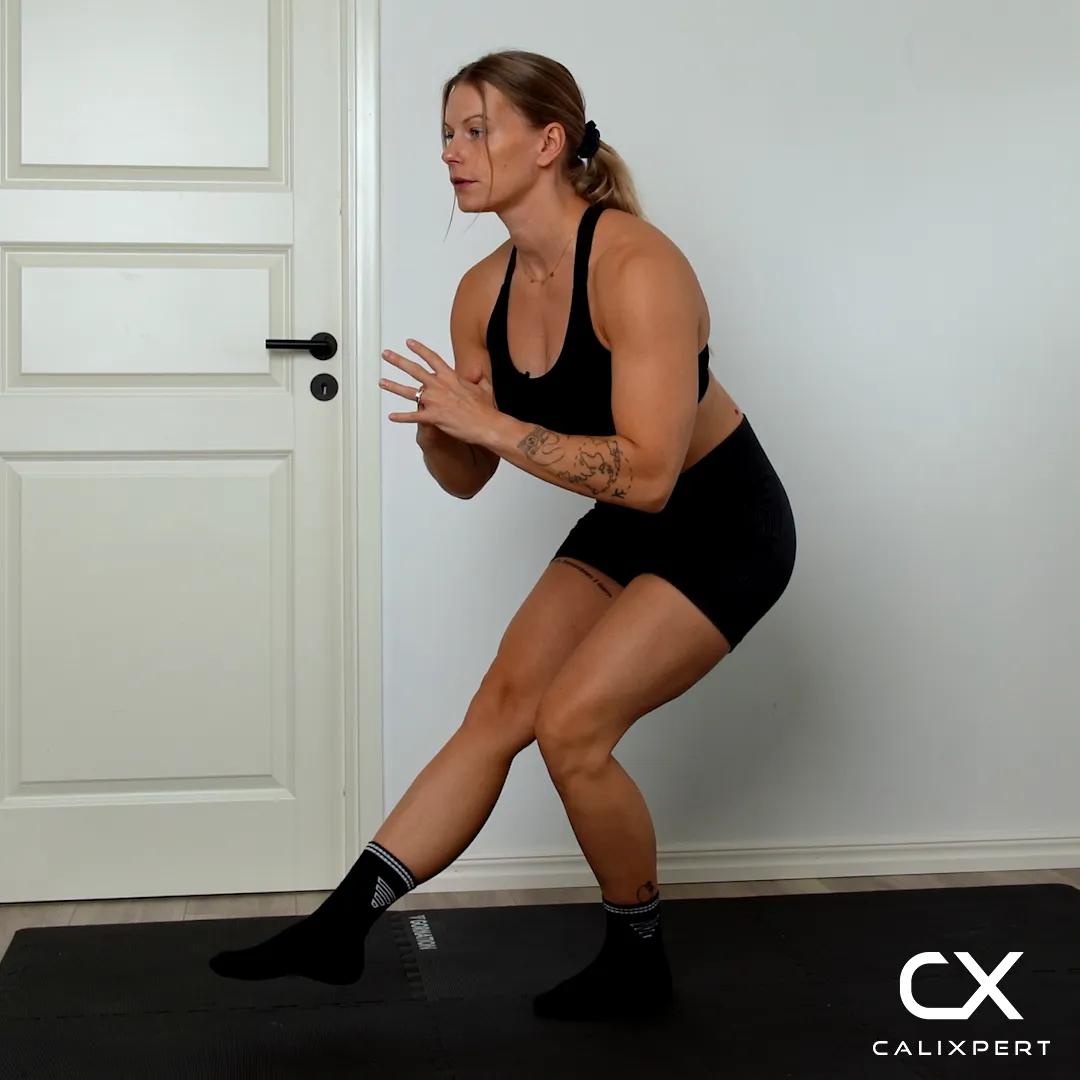
.webp)
.webp)
.webp)
.webp)
.webp)
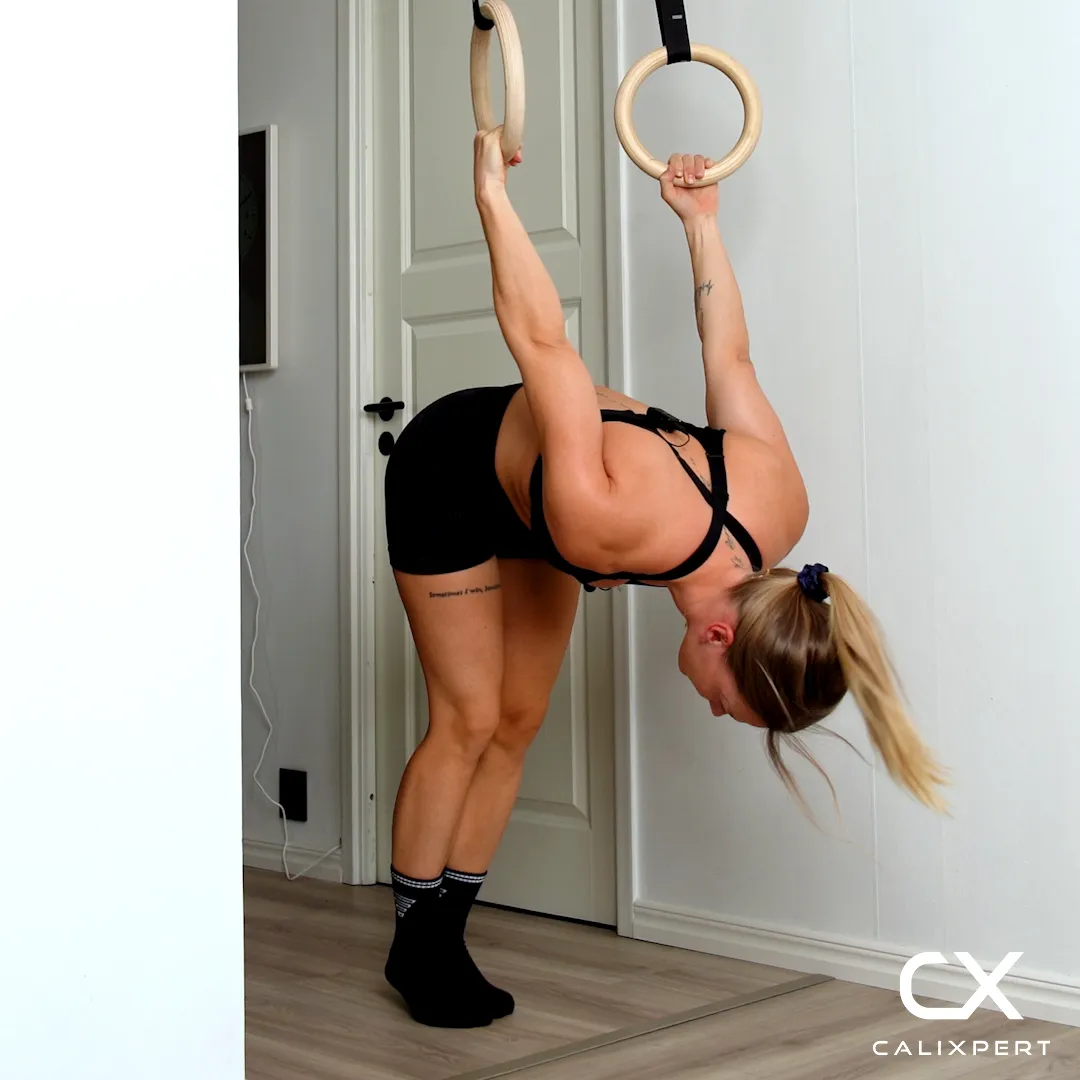
.webp)
.webp)
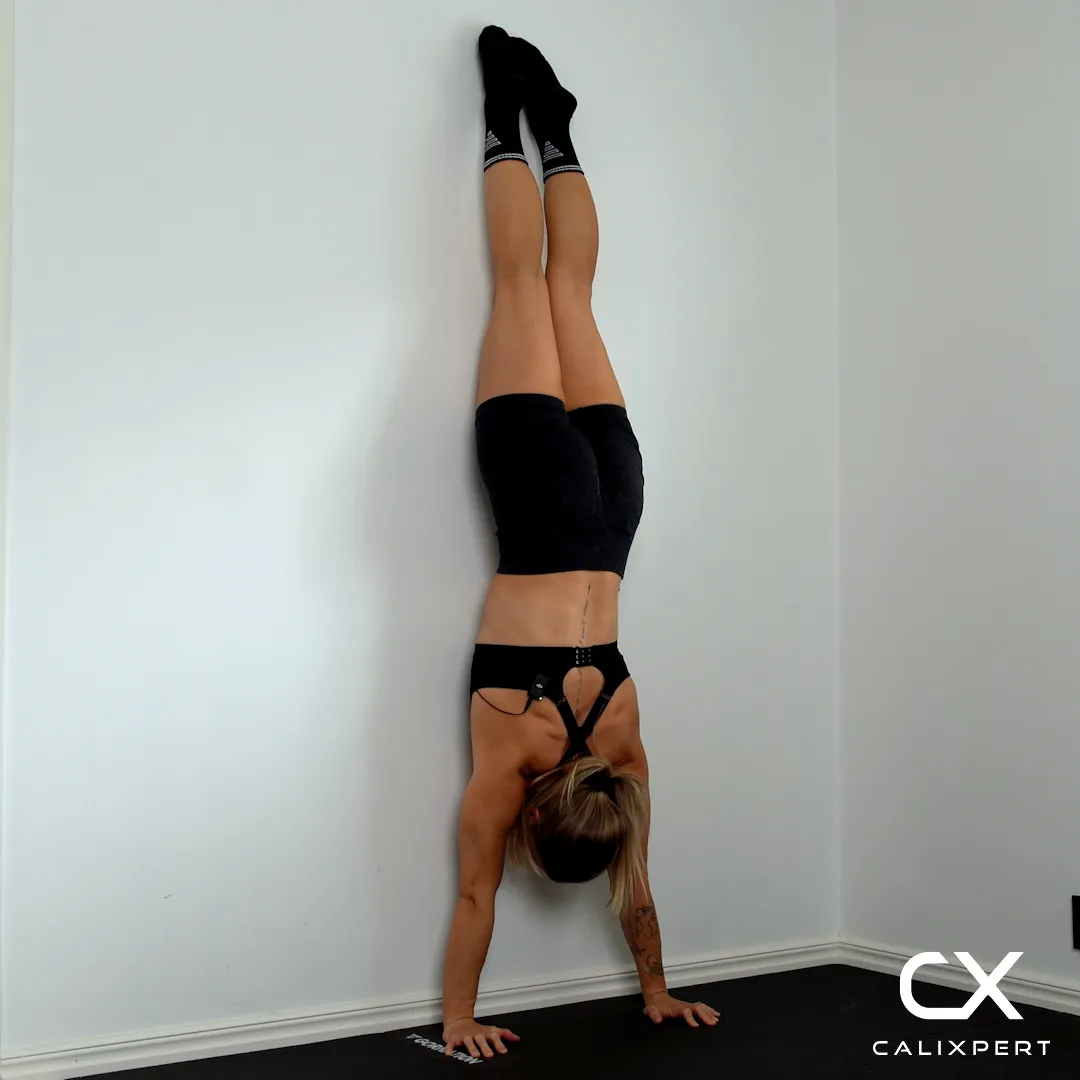
.webp)
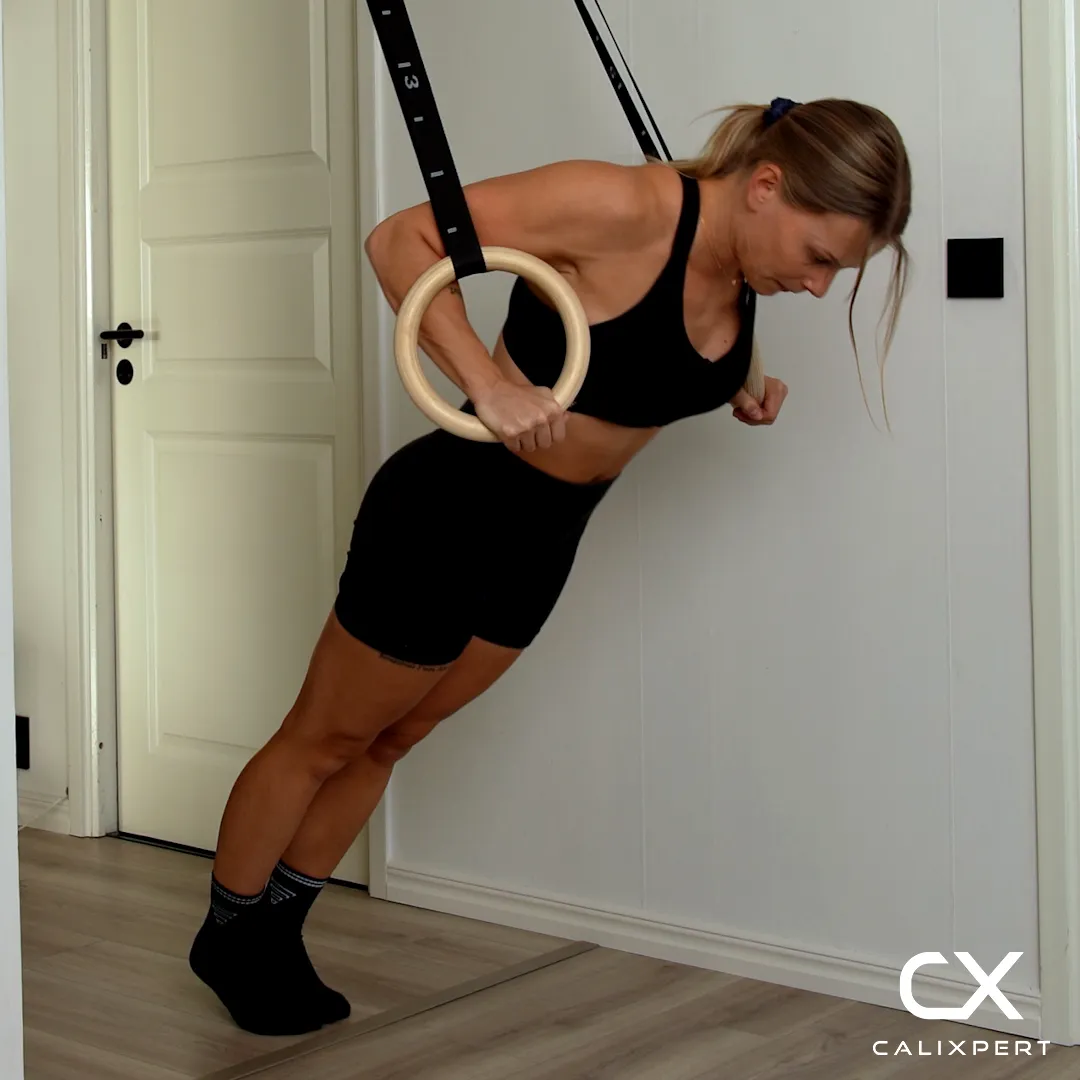
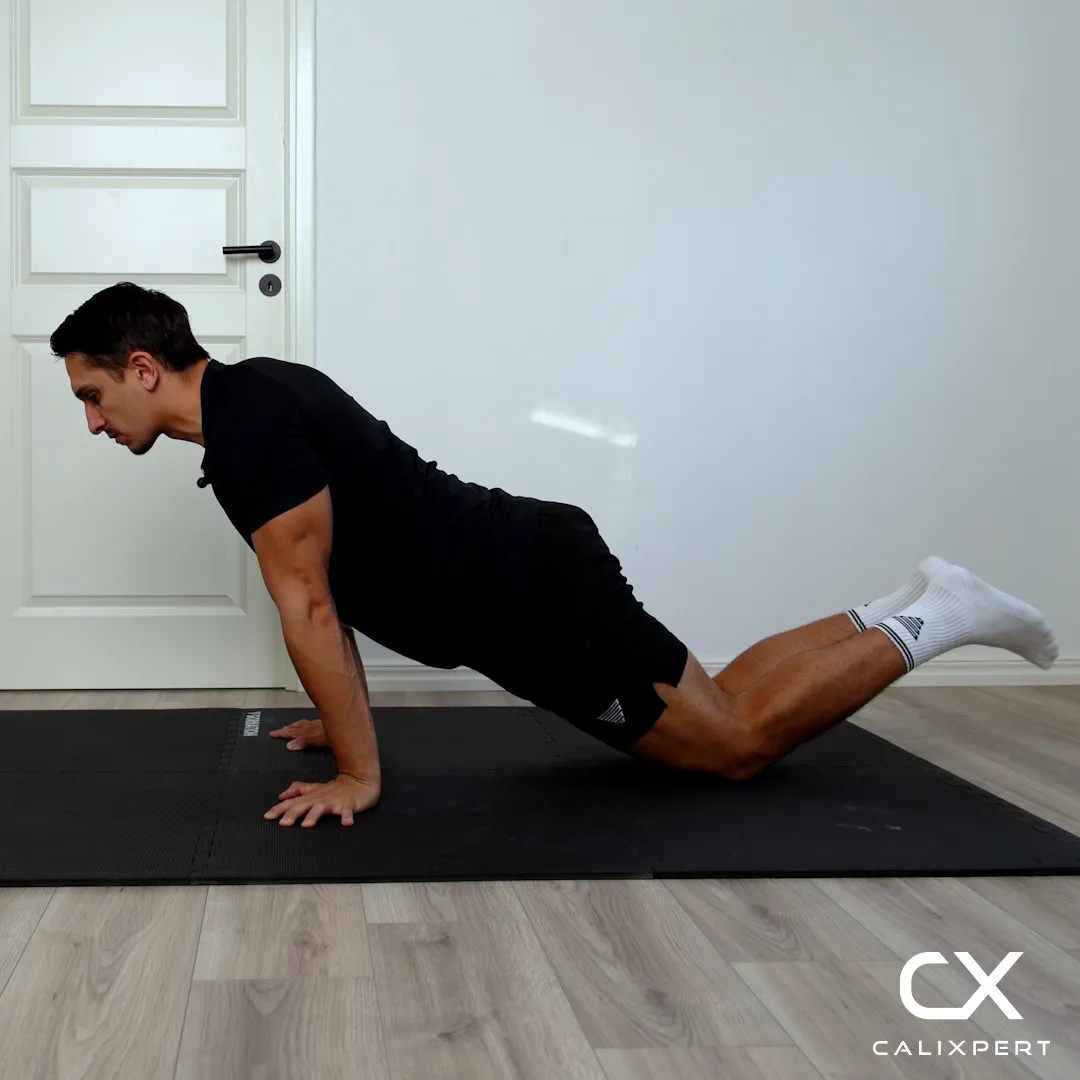
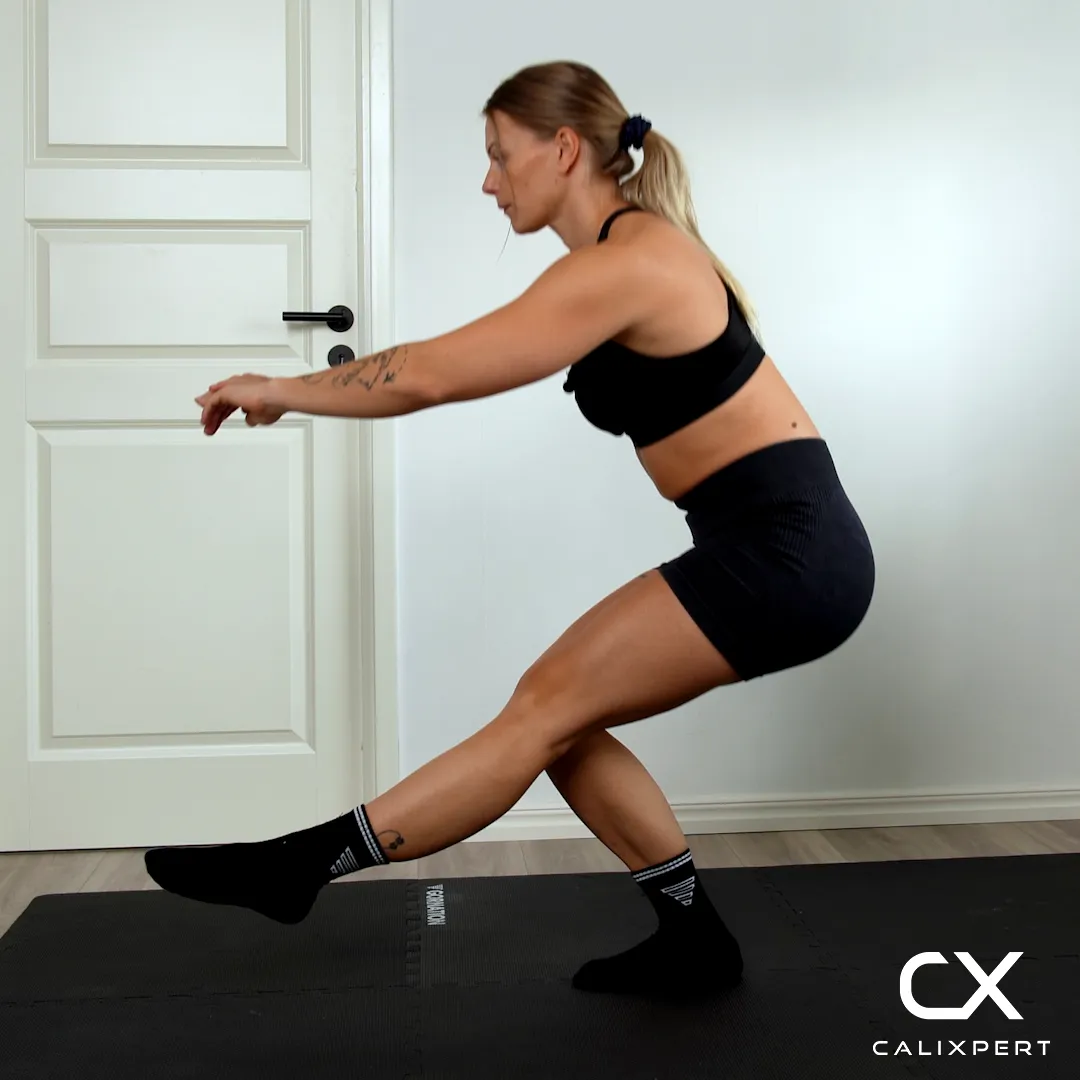
.webp)
.webp)
.webp)
.webp)
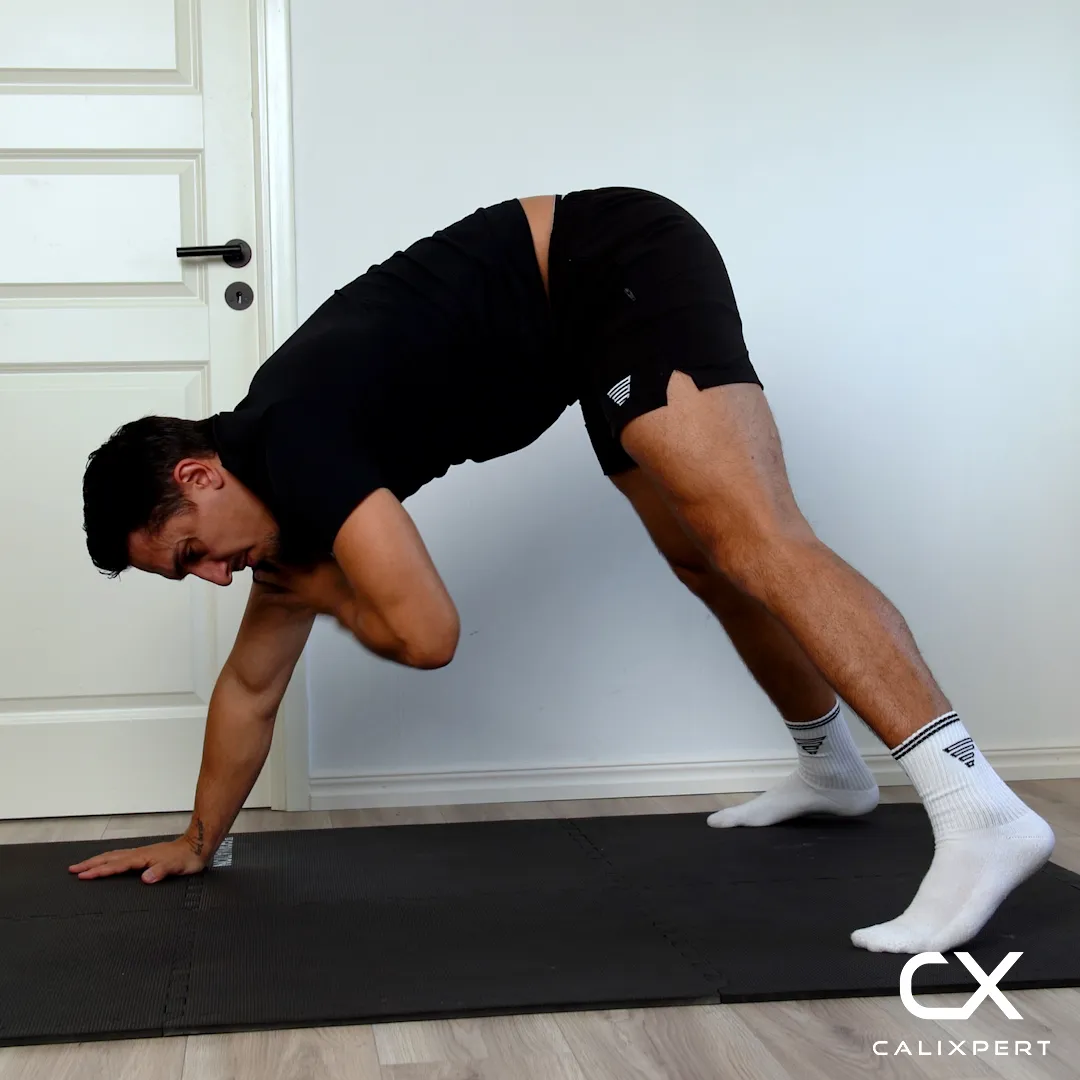

.webp)
.webp)
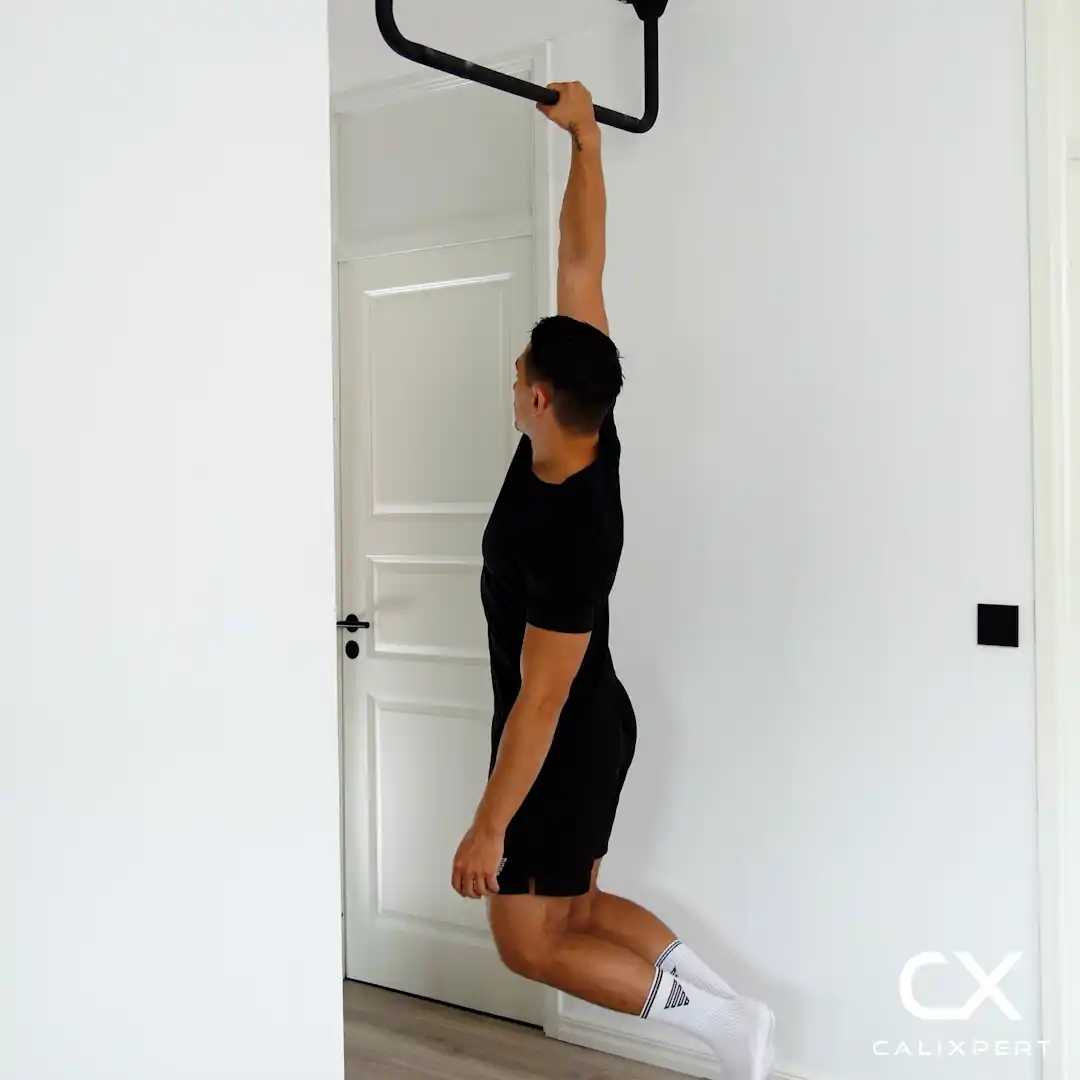
.webp)
.webp)
.webp)
.webp)
.webp)
.webp)
.webp)
.webp)
.webp)
.webp)
.webp)
.webp)
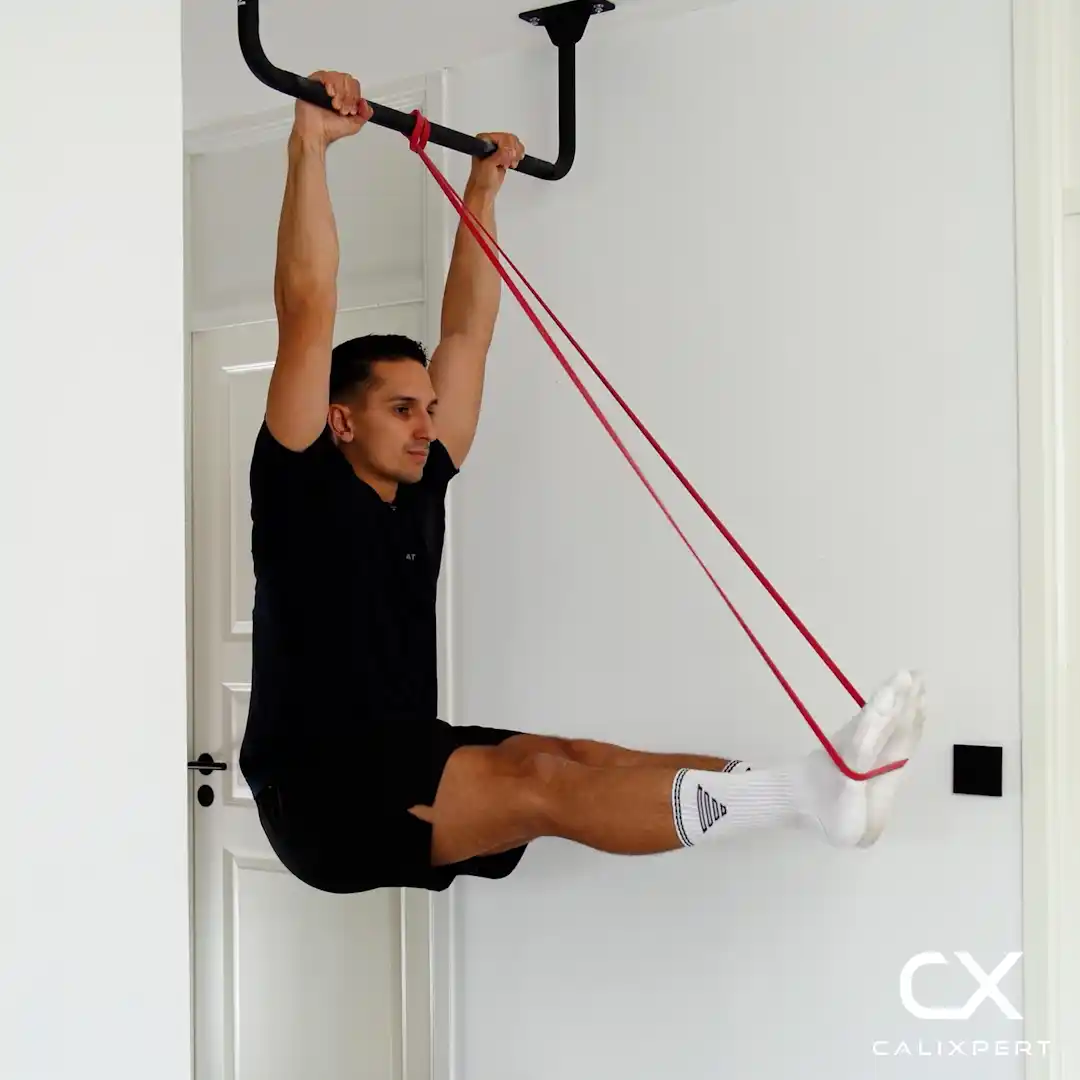
.webp)
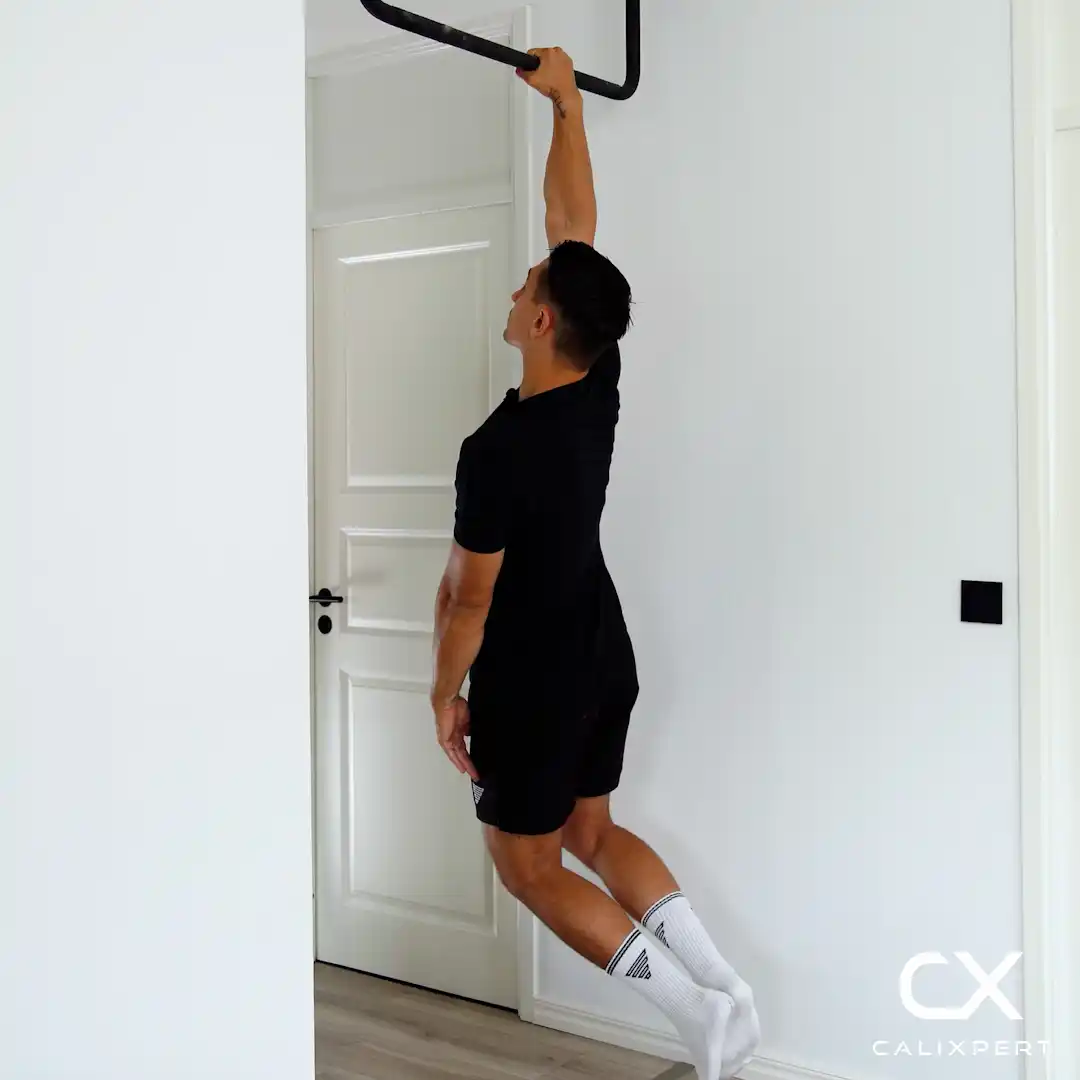
.webp)
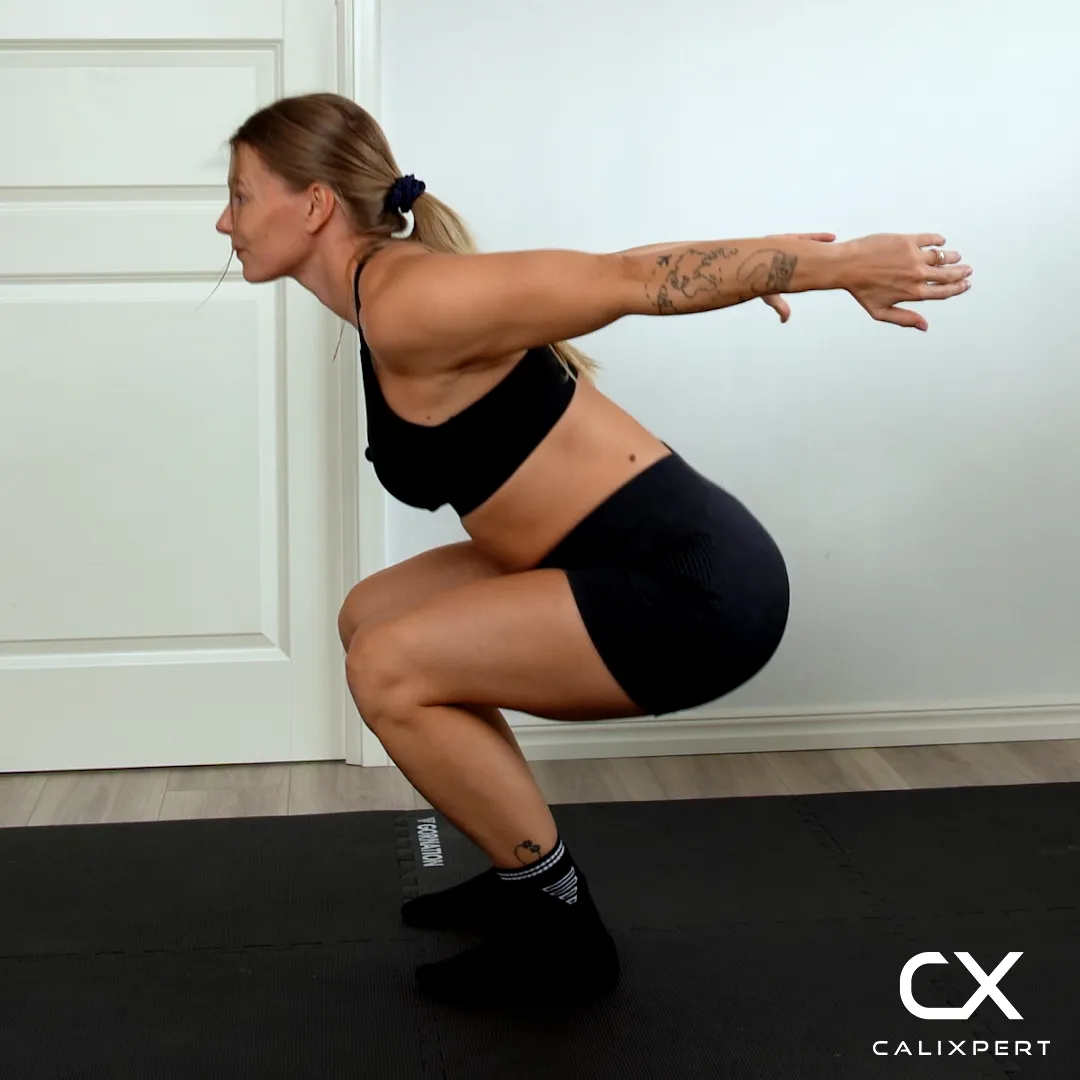










%20(1).webp)









.webp)

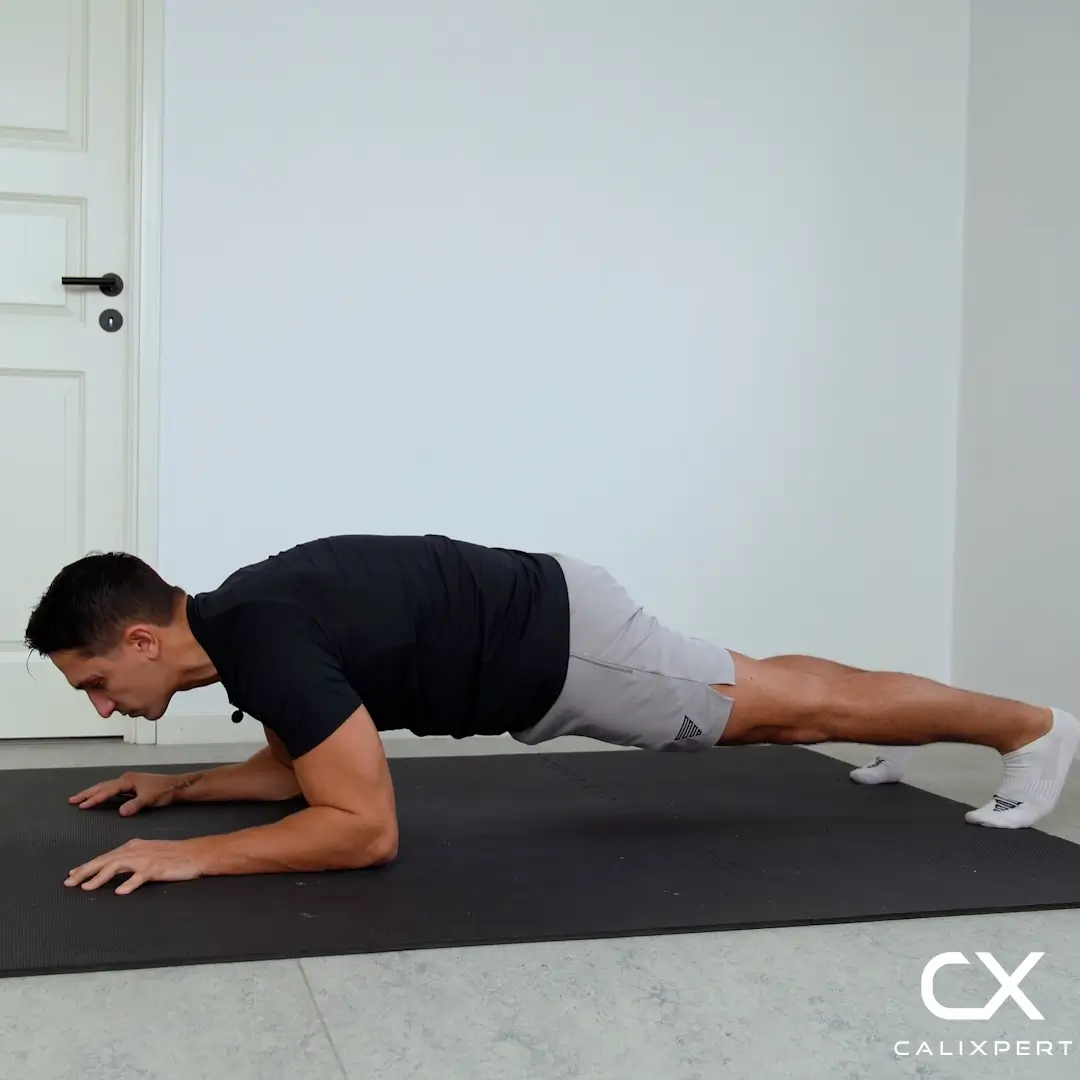





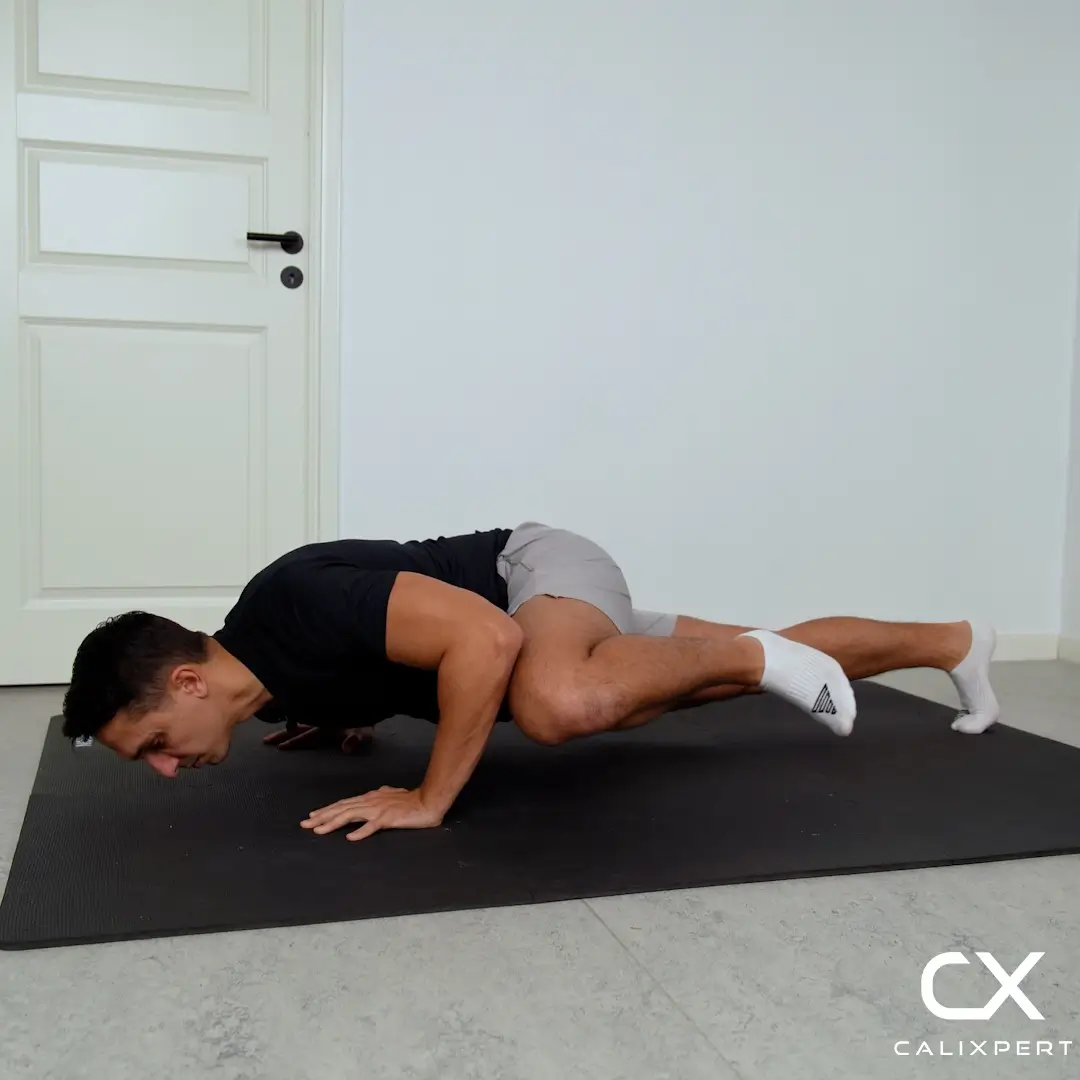

.webp)

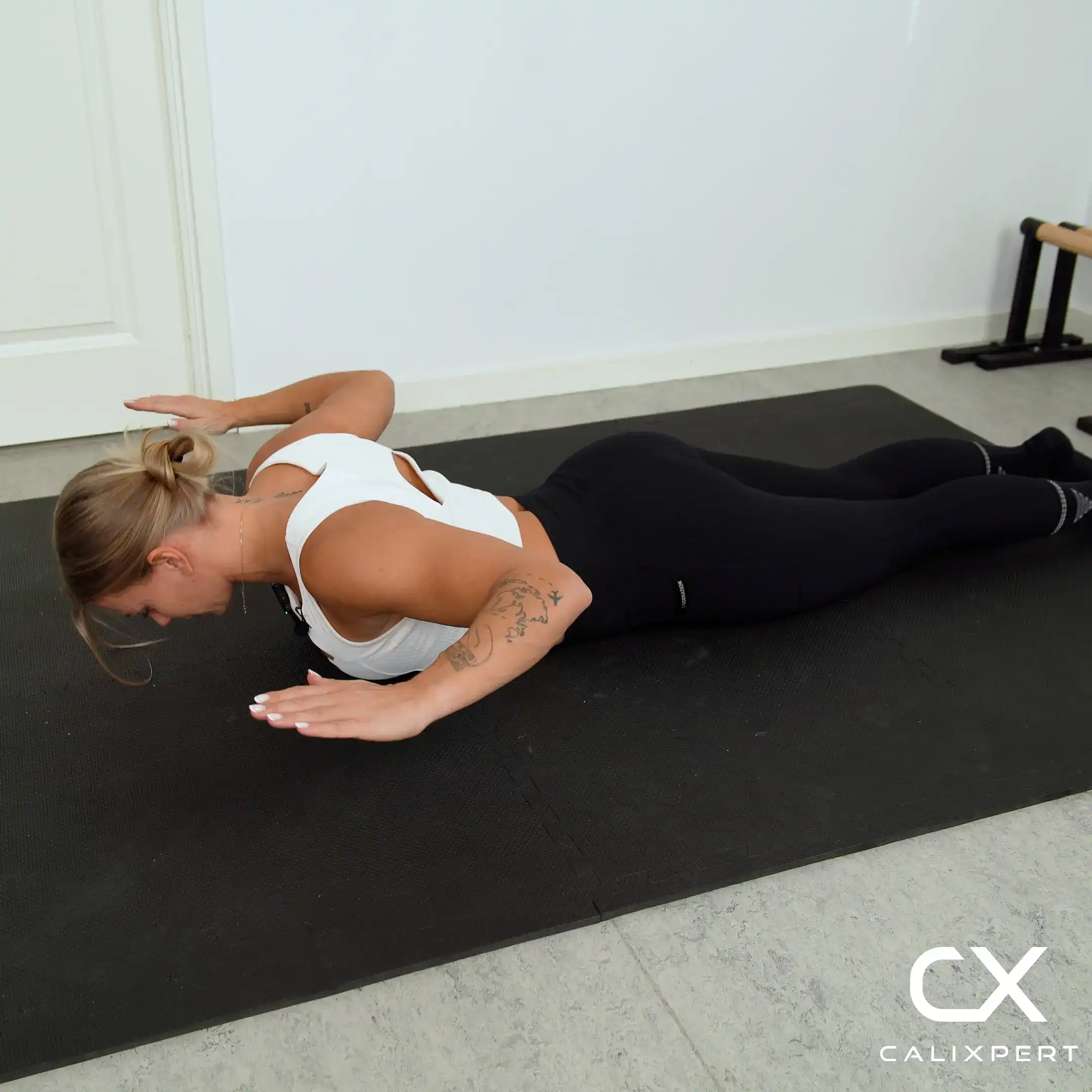

.webp)
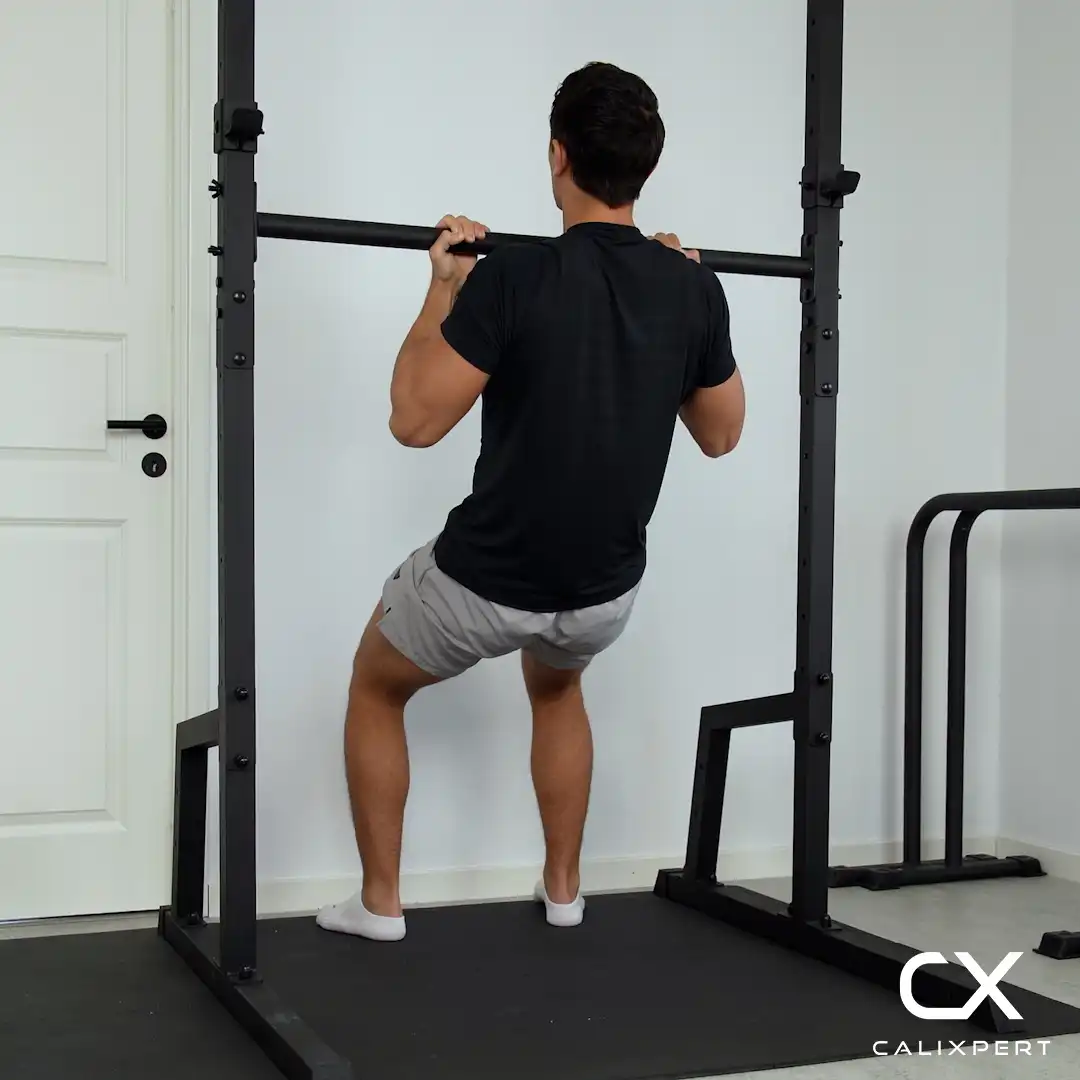



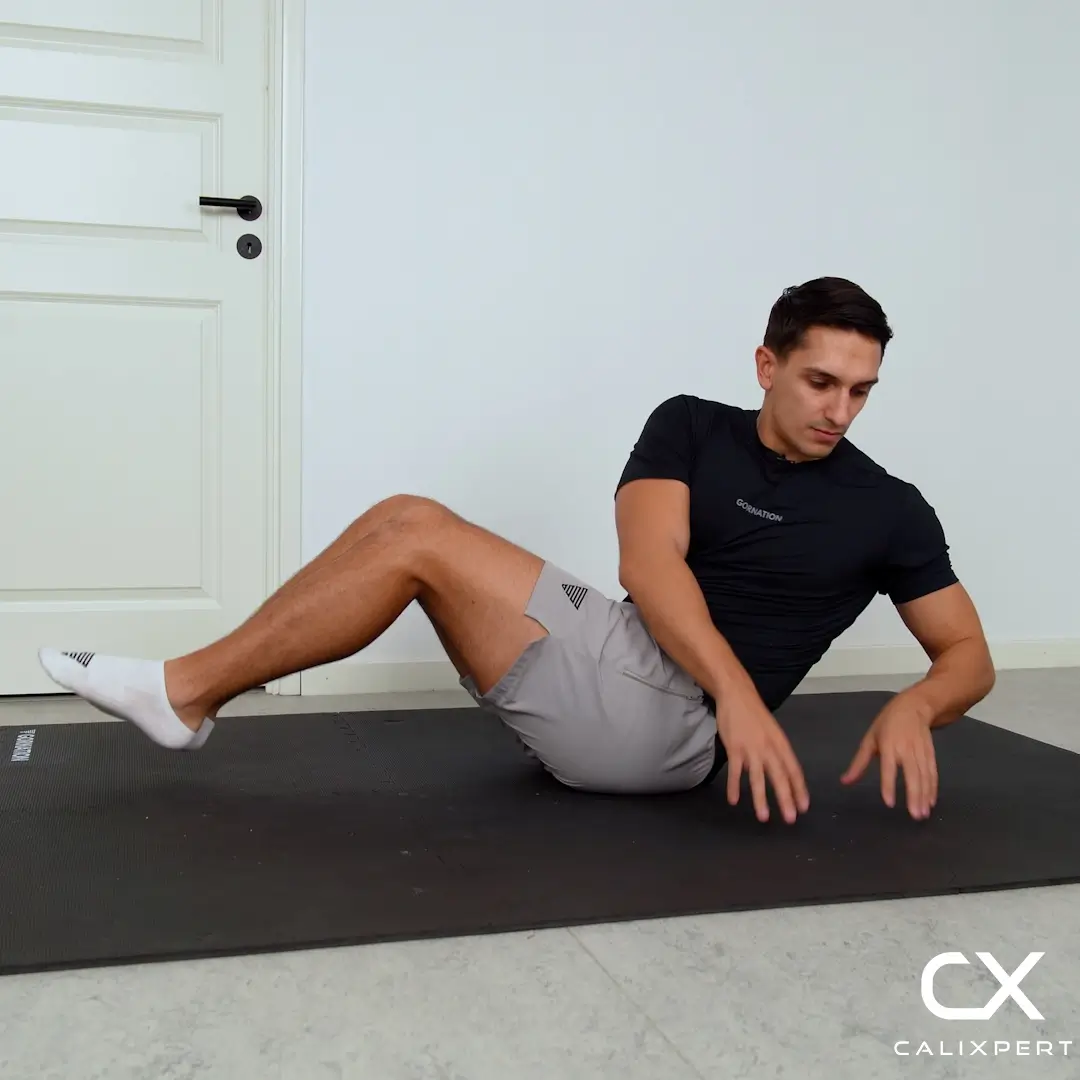


.webp)

